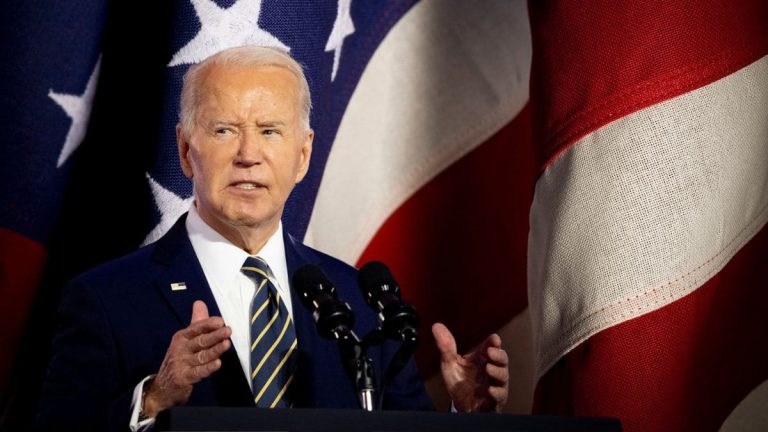Millions to Receive $1,600 Direct Payments in 2026: What You Need to Know
Oregon’s proposed $1,600 rebate has gained significant support ahead of the upcoming November election, where it will be presented to voters for a final decision. Measure 118 aims to provide a direct payment of $1,600 to all residents of Oregon.
This week, the measure received endorsements from tenant-rights organizations, including the Community Alliance of Tenants and Portland Tenants United, both of which advocate for affordable housing. Kim McCarty, Executive Director of the Community Alliance of Tenants, stated, “Measure 118 is a lifeline for Oregon renters facing skyrocketing costs. This rebate provides immediate relief in a volatile and often predatory housing market. For too many, a $1,600 check is the difference between a stable home and homelessness.”
The rebate aims to address the state’s ongoing affordable housing crisis. According to a report from the Oregon Office of Economic Analysis, nearly half of all renters in Oregon spend over 30% of their income on housing, with many struggling to afford basic necessities like food and childcare after paying rent. McCarty emphasized, “This affordability crisis has been exacerbated by a shortage of affordable housing units and rising rents,” highlighting the need for assistance programs like Measure 118.
For residents in the Portland metropolitan area, the rebate could cover about one month of rent, although rising costs continue to strain many households. Leeor Schweitzer, an organizer with Portland Tenants United, noted, “When rents go up so much, tenants report cutting back on food and medicine to make up for it. The Oregon Rebate won’t replace needed tenants’ rights, but it will wipe away this rent increase and provide much-needed support for low-income renters.”
If Measure 118 passes, every Oregon resident who has lived in the state for more than 200 days, including minors, will receive the payment. However, to fund the rebate, the state would need to increase its minimum corporate tax rate by 3% on revenue exceeding $25 million.
Drew Powers, founder of Powers Financial Group, mentioned that if the state adopts the rebate, it could pave the way for a universal basic income. However, the new taxes required to fund the payments could hinder the measure’s approval. “New taxes are rarely welcomed, regardless of whether they are corporate or personal,” Powers explained. He cautioned that businesses might be compelled to pass on the tax costs to consumers, potentially deterring individual voters from supporting the measure.
Concerns about how the rebate might affect low-income benefits, such as SNAP and Medicaid, also loom over the proposal. Powers described Measure 118 as “imperfect” but noted that it promotes the increasingly popular idea of universal basic income. “It will be interesting to see how it evolves, what eventually gets passed, and what adjustments other states will make,” he added.
Michael Ryan, a finance expert, called the rebate “substantial” but pointed out that large employers like Intel and Nike are not pleased with the proposed taxes. “We’re seeing more states experiment with various rebate structures, but Oregon’s proposal is one of the most aggressive,” he said, linking it to a broader trend of states trying to combat income inequality through direct payments.
Due to Oregon’s progressive reputation and reliance on major corporate employers, Ryan expressed uncertainty about the proposal’s chances of passing in November. Alex Beene, a financial literacy instructor, cautioned that while the rebate might seem beneficial, it could lead to higher prices for residents if businesses pass on tax costs. “A rebate certainly would be nice to have, but if you’re paying significantly more for items, it could eliminate any financial gain,” he noted.
If approved, the rebate would take effect for taxes in 2025, with the first payments expected in 2026. While initial rebates may not reach $1,600 based on tax revenue, a state analysis estimates they could rise to approximately $1,605 by 2027.
Democratic Governor Tina Kotek has publicly opposed the measure, warning that it could have detrimental effects on the state budget. “It may look good on paper, but its flawed approach would punch a huge hole in the state budget and put essential services for low-wage and working families at risk,” Kotek said, as reported by the Capital Oregon Chronicle.






